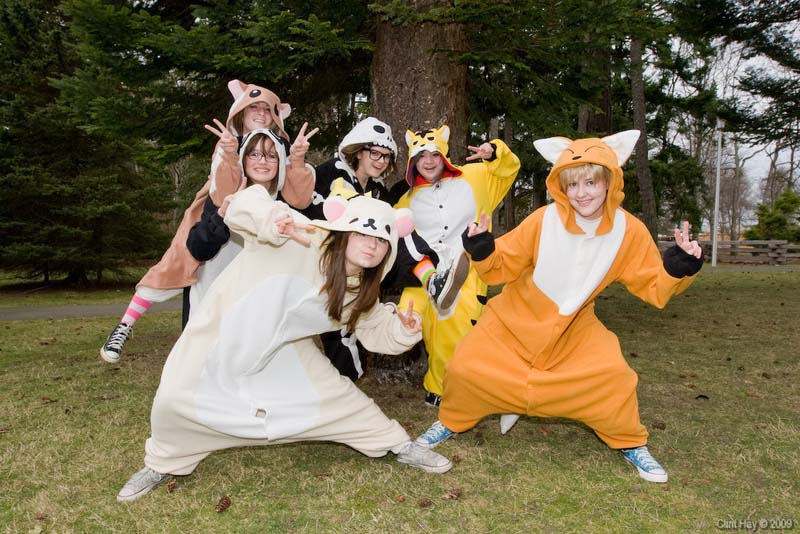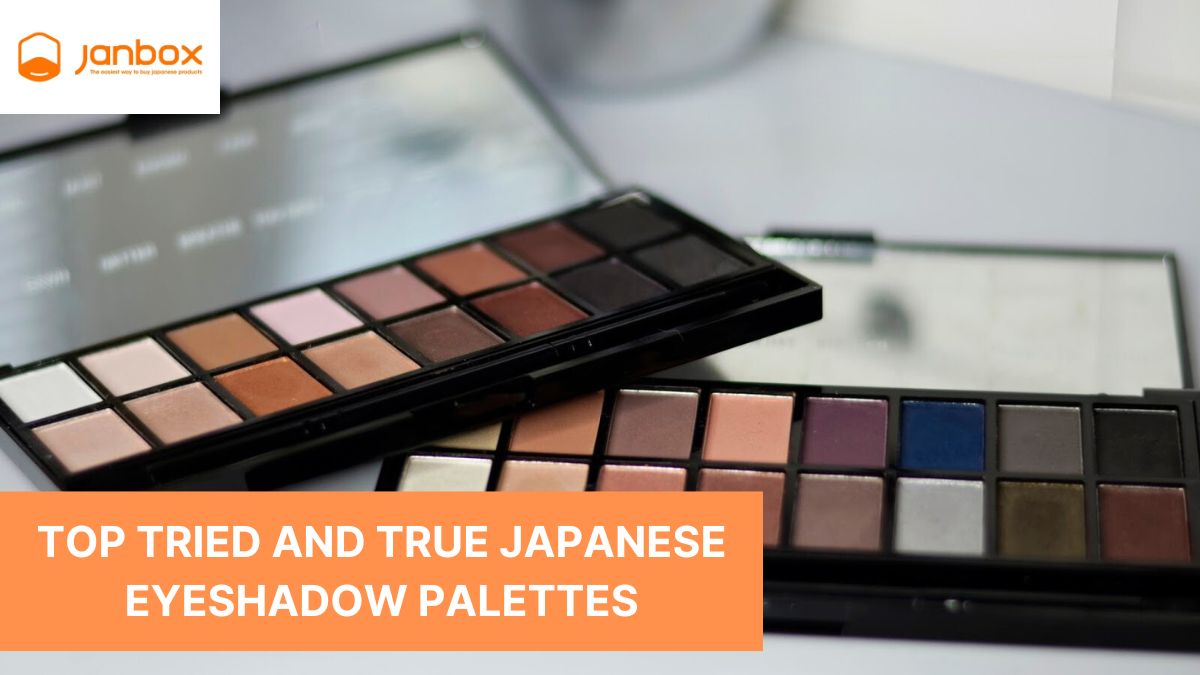Japan is an island nation with numerous distinct cultures, one of which is Otaku or otaku culture. This is a popular Japanese unique custom, and one of the many modern Japanese traditions that are gaining popularity around the world. The number of non-Japanese Otaku who are nevertheless familiar with otaku japan is likewise rising quickly. After reading this article, Janbox hopes that this guide will provide you with a thorough understanding of Otaku and some ways to identify an Otaku.
I. What does otaku mean?

The Japanese word “otaku”, commonly translated as “geek” or “nerd,” actually means “your home”. Morikawa Kaichiro (2012) claims that in an essay titled “A Study of Otaku,” Nakamori Akio first coined the term “otaku” to refer to “geek culture.”
Originally published in 1983’s issue of sexy manga magazine Manga Burikko. Nakamori’s word is based on the informal form of address commonly used by older anime watchers to refer to one another. As early as the 1980s, anime enthusiasts (and not just them) started congregating at conventions like Comic Market, where they could talk to complete strangers about their shared interests. To each other, the phrase otaku meaning is “you,” but in Nakamori’s hands, it took on a more derogatory connotation.
Morikawa Kaichiro (2012) adds that this culture is uniquely Japanese because it is the result of the country’s educational and social institutions. To begin, the anime are catered to at Japanese educational institutions through the existence of clubs (extra-curricular activities) that acknowledge and foster students’ hobbies.
Second, the Japanese social hierarchy places a premium on material prosperity. Those that struggle socially tend to remain preoccupied with their passions well into adulthood. They contribute to the development of this culture by building a life around their passions.

Today, it is a Japanese slang term for a fan of manga, anime, Vocaloid, cosplay, or other 2D media. The world at large uses this word with a pejorative meaning to describe fans of comic books and animation. More and more people, not just in Japan but all over the world, are proud to call themselves, according to research published in 2013. Of more than 137,734 American teenagers surveyed in 2013, 4.2% classified as otaku.
About 50 years ago, the name Otaku was created in Japan, and since then, it has taken on a sort of negative meaning like this: it is a feisty but nerdy and cranky person. They know a lot about or have a strong interest in gadgets, electronics, trains, and similar topics. They are also easily recognized by the fact that they are always seen in the same combinations of glasses, shoes, flats, plaid shirt, rucksack, and clutching idol products in their hands.
The expanding global popularity of manga, anime, Japanese idols (particularly girl groups), and video games, however, is shifting the public’s perception of it. As more and more of this content originates in Japan and is translated into other languages, the number of it around the world continues to rise. Since 2010, the Japanese government’s “Cool Japan” program has prioritized the dissemination of Japanese pop culture.
II. Different types of Otaku

Out of your surprise, it actually has different types in Japan, with 4 major kinds:
- Otaku anime refers to fans of the Japanese animation genre who watch and collect the media. The term “Otaku” refers to a subculture of anime enthusiasts that are even more stereotypically nerdy than manga readers simply because they carry their interest in the medium to an extreme.
- Otaku manga is a term for manga fans. In Japan, manga is quite profitable. Because of this, you may select a manga that caters to your specific interests with relative ease. Since manga is so popular among it they may own a sizable collection.
- Otaku gamer is commonly used to refer to avid gamers. They play a ton of games constantly, have a wide variety of platforms (or are brand loyalists).
- Figurine otaku are those more fond of manga and anime figures. Just as video game and anime/manga tend to mix since many figures are modeled after characters from various media.
- Otaku idol is a fan of a popular Japanese boy or girl group. They have been seen at every concert flaunting CDs and other bandstand merch they have purchased. You can always count on them being together because they perform routines together at every performance and fan meet-and-greet.
>>> Read more: Collect: 10+ Most Expensive Dragon Ball Figures
III. How to identify an Otaku?

As was previously noted, the term “Otaku” refers to persons who are overly enthusiastic and devoted to a certain interest. For instance, a Manga or Anime fanatic will seek out anything and anything that features their favorite character. They shared their enthusiasm for the character and the film with one another, connecting with others who shared their enthusiasm. You may readily find it at any Otaku shop carrying Japanese manga or animation tapes (often referred to as Animate).
It’s rather obvious that a true one will attempt to acquire and display the entire DVD series. And if the first part of your narrative involves the Otaku’s favorite subject, you can rest assured that they will never stop talking about you.

Being an otaku is a part of who you are as a person. In Otaku culture, there are discussions over authenticity. The issue of genuineness has been the subject of many videos posted on YouTube. For instance, the owner of the video “How to detect a fake one?” explores the 3 main points of the video are as follows:
- False otakus are those who don’t know as much as they claim to (you have not seen enough anime).
- Fake otakus are those who are quick to praise an anime without having seen enough of them to be able to draw meaningful comparisons.
- If you admit to not being an otaku, you truly are one (commonly, out of shame).
This perspective is related to what Becker (1973) calls a “career” idea. To be admitted into the group you aspire to be a member of, you must demonstrate competence in the subject. As a result, it is connected to the idea of sufficiency.
To be officially recognized as a genuine member of a given identity group, one must “have” a sufficient number of the archetypal qualities, as Blommaert and Varis (2015) put it. The goal is to amass a modest collection of objects that convey a sense of authenticity and allow one to be recognized as a genuine representative of one’s chosen group.
Another person tries to respond to everything that has been said so far by asking, “You just watched an anime, and you tell everyone that you are an otaku?” However, not everyone agrees, as one user notes, “what I believe constitutes a true one is their passion for anime or manga” (doesn’t matter how many you have watched).
>>Read more: Why are anime characters so attractive?
IV. Some common misconceptions of Otaku

1. “Otaku” Stereotype
For a long time, the term “Otaku” has been associated with negative connotations. Specifically, that of an outcast who spends his days in a world of manga, video games, and anime to the exclusion of all else, and whose social connections with others wither away as a result.
Since they have no social ties, rarely interact with others, and are often misunderstood by those on the outside, they often believe that society views them as uncaring and solely interested in engaging in unhealthy pastimes. trivial, meaningless gratifications.
Furthermore, some people have the impression that everybody who enjoys anime is necessarily an otaku, someone who is totally immersed in the culture of Japanese animation. This is completely false. After all is said and done, watching anime is nothing more than a way to unwind and have fun. In every other way, it’s the same as viewing an episode of your favorite American or British TV series.
Due to these largely unfavorable perceptions, the term “Otaku” was widely stigmatized in Japan for a long time. Those who crack under pressure typically need to assume a false persona at work or just to avoid harsh criticism.
Despite this common misconception, they are able to successfully juggle their personal and professional lives while still satisfying their cravings for their favorite media.
A lot of people have improved their impressions and the tone of this neighborhood much better compared to the past. In the United States, this word has taken on a lighter and more casual tone. As a term for people who enjoy media like anime, gaming, manga, etc., it is not pejorative or derogatory., mostly due to this. Thus, it is possible to remark that someone has the appearance or voice of an Otaku.
2. An Otaku and a Wibu (Weeaboo)?
People frequently mix up otaku and wibu, but they’re actually quite distinct from one another. As a term used to insult those who are overly obsessed with Japanese culture, ‘wibu’ carries a far more pejorative connotation.
“Wibu” can also be used to describe “fake Otaku,” or those who pretend to be fans of Japanese pop culture but are actually merely obsessed with Japanese media. Thus, people in other countries with unrealistic expectations and a refusal to accept their current circumstances often harbor a strong desire to move to Japan and integrate into Japanese society.
>>> Read more: Top 18 Best Websites To Buy Anime Figures From Japan
Conclusion
To sum up, the current culture and the way in which the group expresses itself determine whether Otaku is seen as negative. By delving deeper into this counterculture turned mainstream culture, you can gain insight into a facet of Japanese society and perhaps even develop a deep affection for the cherry blossom-adorned land of Japan.
Website: https://janbox.com
Email: [email protected]










